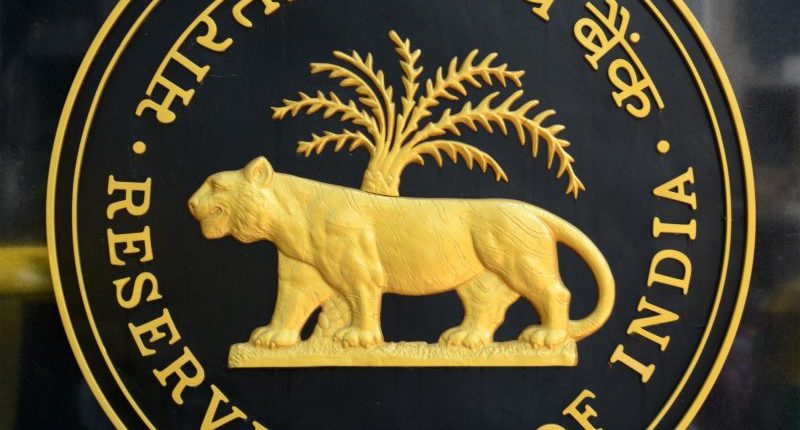The Reserve Bank of India (RBI) has issued guidelines for the appointment of statutory auditors for banks and non-banking finance companies (NBFCs). This also includes the housing finance companies.
RBI stated that provisions mentioned in ‘Guidelines for Appointment of Statutory Central Auditors (SCAs)/Statutory Auditors (SAs) of Commercial Banks (excluding RRBs), UCBs, and NBFCs (including HFCs)’ will be effective starting from the financial year 2021-22.
As an exception to this move, non-deposit taking NBFCs with asset size less than Rs.1,000 crore can choose to continue with their current extant procedure.
The guidelines provide detailed instructions on SCAs/SAs, the number of auditors to be appointed, the eligibility criteria for selection, tenure, rotation, and similar aspects. The instructions are framed after considering the independence of auditors.
In addition, the guidelines specify that the banks and UCBs must take prior approval from the central bank to appoint/reappoint SCAs and SAs on an annual basis.
Further, entities with an asset size of Rs.15,000 crore or more as at the end of the previous financial year should conduct a statutory audit under a joint audit of a minimum of two firms. As for the other entities, a minimum of one audit firm should be appointed for the same purpose.
In joint audits, the entities must ensure that the two audit firms do not have any common partners and that they are not under the same network of audit firms. The entity can finalise the work allocation among SCAs/SAs before the commencement of the audit after consulting SCAs/SAs.
The guidelines also highlight that the entities will have to appoint the SCAs/SAs for a continuous period of three years. The firms satisfy the eligibility criteria each year to protect the independence of the audit firms.
Since this will be the first time for Urban Co-operative Banks (UCBs) to implement such guidelines, they may require some time to set things up. Therefore, the regulator has given flexibility for them to adopt these guidelines from the second half of the current financial year. This leniency also gives room for the UCBs to ensure no deviation from the set guidelines.
For any clarifications/feedback on the topic, please contact the writer at apoorva.n@cleartax.in





